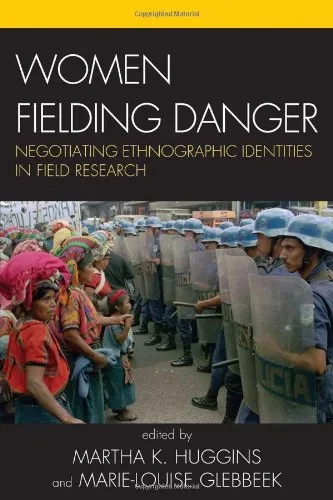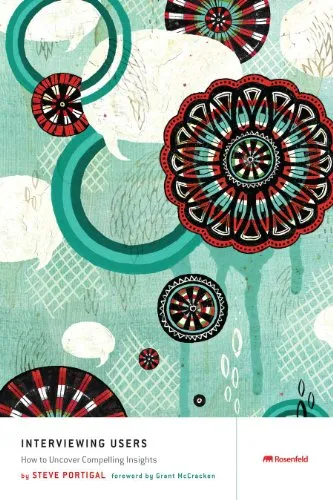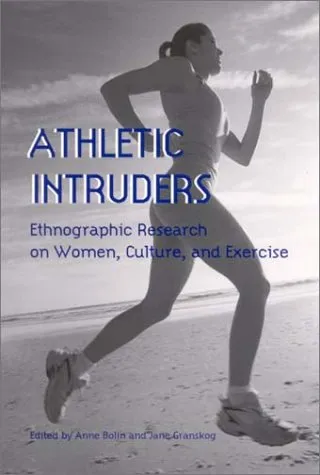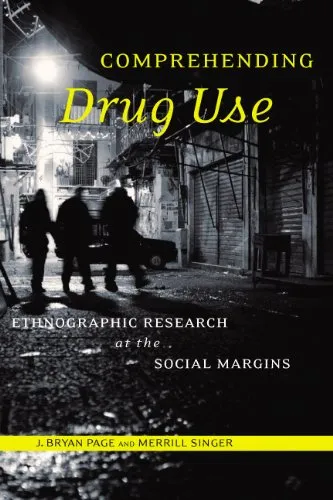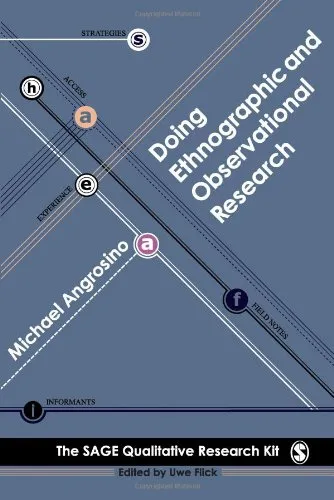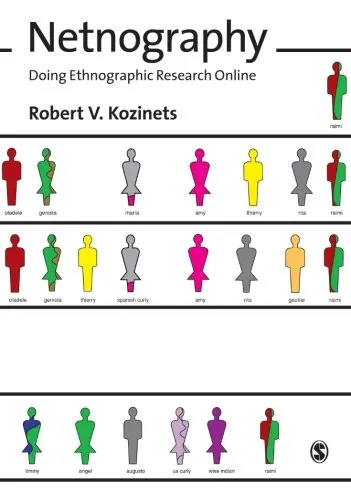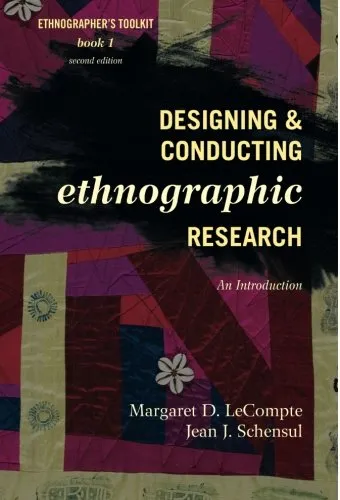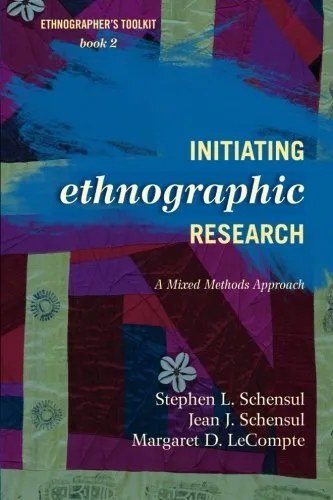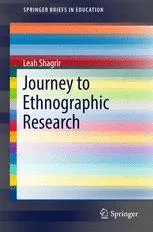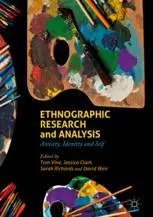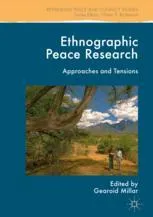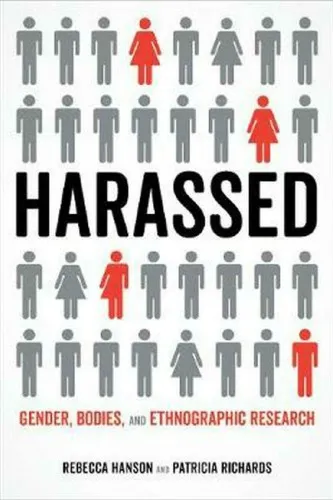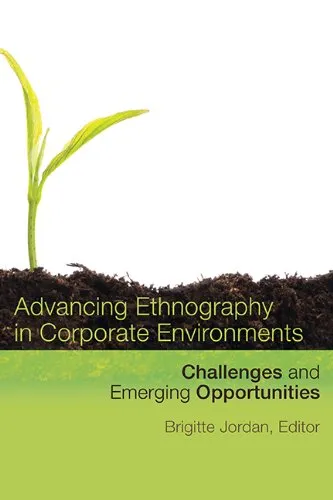Women Fielding Danger: Negotiating Ethnographic Identities in Field Research
4.3
Reviews from our users

You Can Ask your questions from this book's AI after Login
Each download or ask from book AI costs 2 points. To earn more free points, please visit the Points Guide Page and complete some valuable actions.Related Refrences:
Introduction to 'Women Fielding Danger: Negotiating Ethnographic Identities in Field Research'
Welcome to the world of nuanced ethnographic narratives. 'Women Fielding Danger: Negotiating Ethnographic Identities in Field Research' is an insightful exploration of the unique challenges and dynamics faced by female ethnographers when conducting research in potentially hazardous environments. Edited by Martha K. Huggins and Marie-Louise Glebbeek, this book sheds light on the gendered dimensions of fieldwork, offering a profound understanding of the personal and professional struggles female researchers encounter.
Detailed Summary
This book serves as a pioneering contribution to the domain of fieldwork research, focusing particularly on the implications of gender in ethnographic studies. Through a collection of compelling essays, each penned by experienced women researchers, it underscores the variable obstacles and safety concerns that female ethnographers face. The narrative delves into real-life experiences, elaborating on the strategies employed by these women to navigate through danger and conduct meaningful research.
The emphasis of the book is not only on the external dangers of the field but also on the internal conflicts related to identity negotiation, ethical dilemmas, and the maintenance of professional integrity. Each chapter presents a different perspective, wrapped in the intricate cultural and socio-political fabrics of the research settings, ranging from urban locales to remote territories. The contributors candidly discuss both their triumphs and vulnerabilities, painting a vivid picture of their journey in adapting to the demands of fieldwork while safeguarding their well-being.
Key Takeaways
- Understanding the impact of gender on ethnographic fieldwork and the specific risks associated with it.
- Highlighting the importance of safety measures and risk assessment in research practices.
- Learning from real-world examples about the strategies used by women researchers to mitigate danger.
- Inspiring a broader conversation about inclusion, diversity, and safety in field research environments.
- Offering practical insights into the ethical considerations and identity negotiations women must manage in the field.
Famous Quotes from the Book
"To be a woman in the field is to constantly balance on a tightrope, where personal safety and professional demands are in a constant tug-of-war."
"Ethnographic research by women is as much about understanding cultures as it is about understanding oneself in volatile circumstances."
Why This Book Matters
The relevance of 'Women Fielding Danger' extends beyond the realm of academic discourse. In a broader societal context, the book addresses vital issues of gender, safety, and professional conduct, urging institutions to implement more inclusive and secure policies for researchers in the field. This collection not only amplifies the voices of women researchers but also enriches our comprehension of conducting ethnographic studies in diverse global settings.
For students, scholars, and practitioners engaged in social research, this book is a crucial resource, offering both theoretical insights and practical guidance. It compels readers to rethink traditional approaches to fieldwork and underscores the necessity of adopting a reflective stance on the intersection of gender and research professionalism.
Free Direct Download
You Can Download this book after Login
Accessing books through legal platforms and public libraries not only supports the rights of authors and publishers but also contributes to the sustainability of reading culture. Before downloading, please take a moment to consider these options.
Find this book on other platforms:
WorldCat helps you find books in libraries worldwide.
See ratings, reviews, and discussions on Goodreads.
Find and buy rare or used books on AbeBooks.
1189
بازدید4.3
امتیاز0
نظر98%
رضایتReviews:
4.3
Based on 0 users review
Questions & Answers
Ask questions about this book or help others by answering
No questions yet. Be the first to ask!
